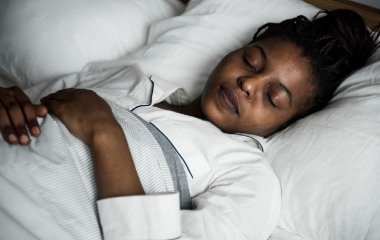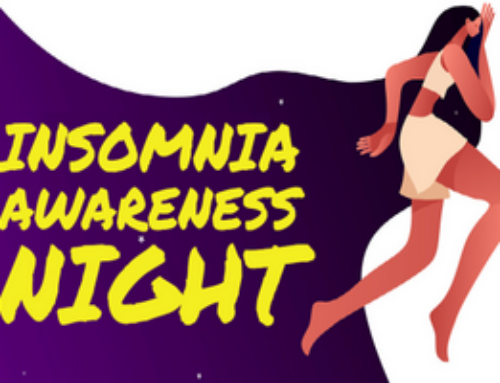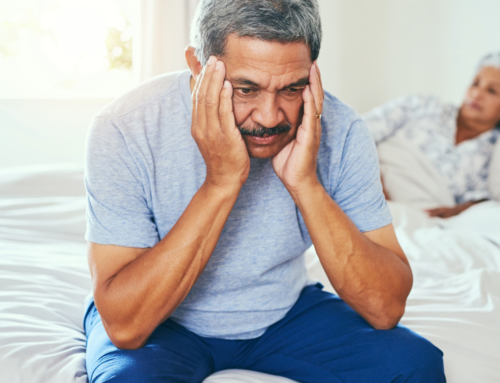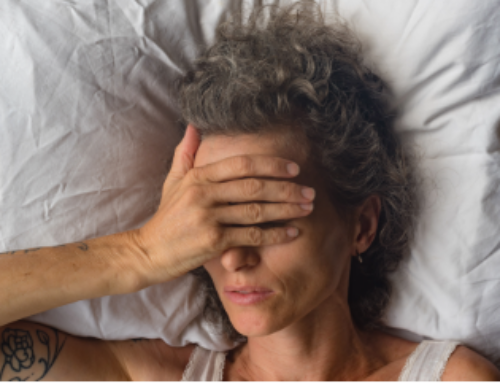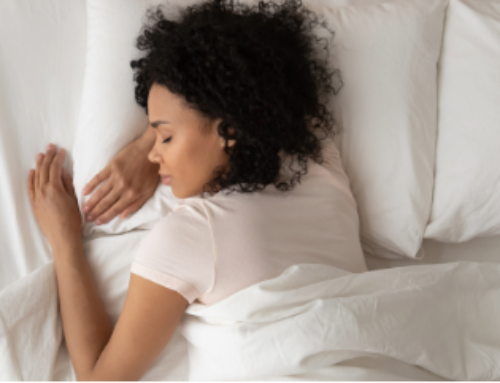As a woman you face many potential barriers that can disrupt and disturb your sleep. However, getting the right amount of sleep is vital in promoting a woman’s health and well-being.
Inadequate sleep has been associated with an increased risk of diabetes, hypertension, stroke, cardiovascular disease, obesity, depression and mortality, says Dr. Donna Arand, Clinical Director of the Sleep Disorders Center at Kettering Hospital in Dayton, Ohio.
“Sleep deprivation also causes daytime sleepiness, poor performance, an increase in accidents, impaired memory and decreased mood,” she says. “Not getting enough sleep at night also decreases immune response and can affect the endocrine system.”
In fact, sleep has a major impact on the quality of life and health of any person, adds Dr. Fiona Baker, sleep physiologist in SRI International’s Human Sleep Research Lab in the Center for Health Sciences.
“Not getting enough sleep has an impact on one’s ability to concentrate, energy levels, ability to function effectively and relationships.”
There are many factors that could potentially disrupt and disturb a woman’s sleep including life events, depression, illness, bad sleep habits, medication use and physical or hormonal changes.
Additionally, behaviors such as caffeine or alcohol consumption and smoking can also cause poor sleep in women, says Arand.
Some of the sleep disorders that are most likely to affect women include insomnia, sleep apnea, snoring, restless legs syndrome (RLS)and parasomnias such as sleep related eating disorder (SRED) and nightmare disorder.
Many medical problems hinder a woman’s ability to sleep well. Treating an underlying medical problem often will lead to improved sleep. These are some of the most common medical problems that affect the sleep of women:
- Acid reflux
- Arthritis
- Asthma
- Back pain
- Epilepsy
- Fibromyalgia
- Multiple sclerosis
- Parkinson’s disease
Sleepless nights in women can also be caused by unique biological conditions such as pregnancy, menopause and menstruation.
“Common monthly hormonal fluctuations and changes in women such as menopause affect sleep and can cause insomnia,” says Arand. “Also, during menopause, hot flashes often disrupt sleep and for post-menopausal women, hormone changes contribute to insomnia and an increased incidence of sleep apnea.”

